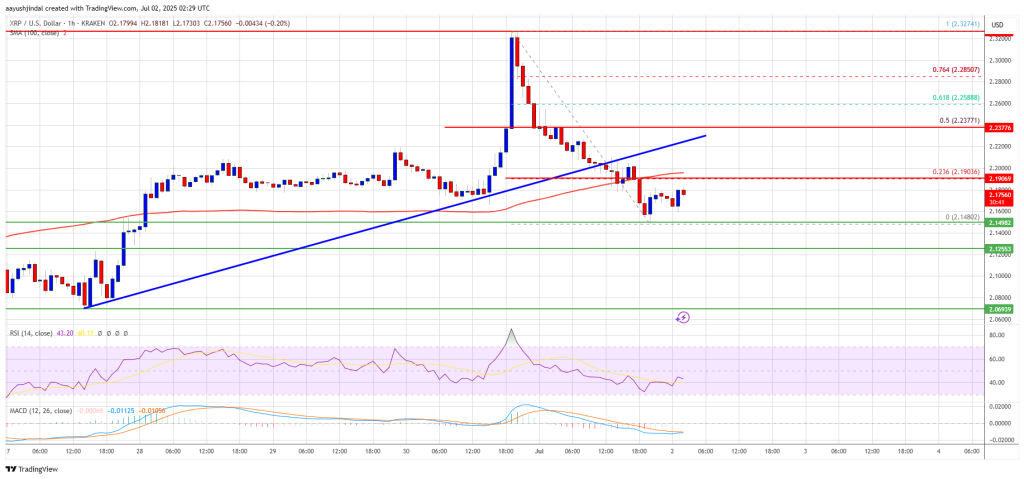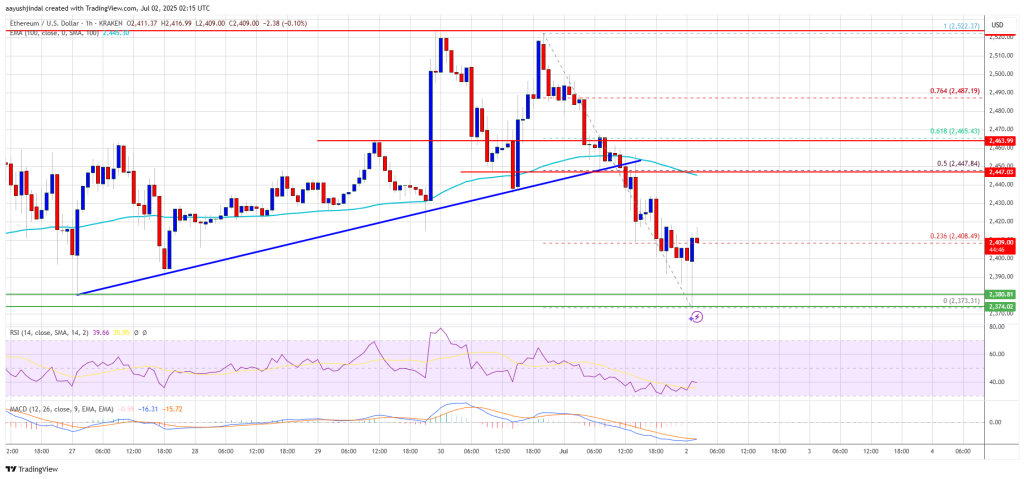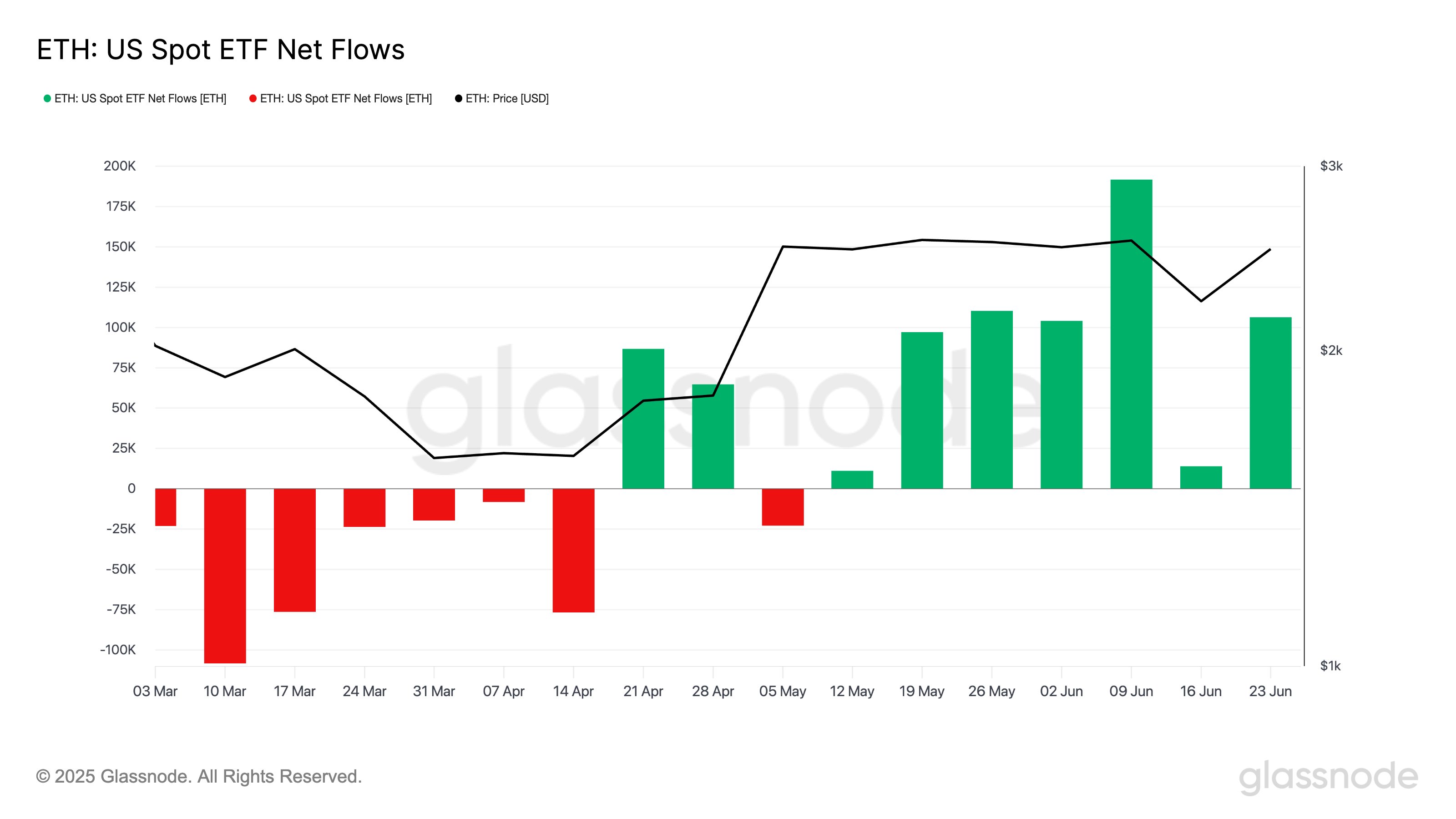
The use of blockchain in the finance and banking sectors contributes to ensuring transparency and security. As a result, blockchain preserves the transparency of the financial system and protects the confidential financial information of stakeholders during transactions. Customer-identifying information is secured by blockchain, and banks can increase public confidence, protect themselves from fraud, and speed up the verification process.
How does it sound when your finance is left with zero security?
Well, the use of the blockchain in finance prevents the possibility of hacking transaction data as there is no central repository for storing transaction data and a unique security system. The financial industry can use blockchain to eliminate the manual processes to collect and share the required documents for transactions, whether custom forms, insurance policies, or other of the myriad types of documents collected by banks and financial-service companies. Blockchain ledgers can provide historical records and documents for banking customer compliance activities.
Blockchain technology can be used to maximize the anti-money laundering (AML) / know your customer (KYC) processes of financial institutions, which is crucial for the development of Industry 4.0. Blockchain streamlines complex and time-consuming processes that make transactions smoother, eliminate friction and reduce the time and cost financial institutions incur. Blockchain applications in banking can help implement smart contracts and reduce the cost of accounting, brokerage, and value transfer.
For example, in April 2020, the European financial technology company, SIA, launched a blockchain infrastructure to enable Spunta Banca DLT, a private, approved distributed ledger technology-based inter-bank coordination project sponsored by the Italian Banking Association (ABI) and coordinated and implemented by the ABI Lab, a research and innovation center for banks. The introduction of blockchain should allow banks to process payments more efficiently while reducing transaction processing costs. The activated banking applications will provide a better customer experience and help traditional banks compete with fintech startups.
The privacy challenges are covered. What else?
The challenge of protecting business partners “privacy in trade transactions can be met by using blockchain technology and tokenization, a form of cryptography used to protect both parties” trade data by allowing access to approved information with the right security key. The individual management of private keys – a type of digital signature to authorize transactions – allows customers to control their personal data and share them without the help of intermediaries. Onboarding and account opening is based on technology that allows customers to use a digital fingerprint or an actual fingerprint with a unique identifier.
Apart from these unique features, its potential benefits in the financial industry. The development of blockchain solutions for financial services will bring several benefits to the industry.
Banks and other financial institutions can use blockchain to streamline their services, reduce fraud and reduce fees for their customers. By transferring money via blockchain, customers and banks can save an unprecedented amount of time and money.
The collaboration between Blockchain and Finance Industry is Phenomenal.
A blockchain is a form of distributed ledger technology (DLT) that has the potential to transform established financial institutions, among others, by bringing lower costs, faster transaction execution, improved transparency, and verifiability of operations. The tamper-proof, decentralized and immutable nature of blockchain makes it ideal for reducing and streamlining payments, asset trading, securities issuance, retail, clearing, and settlement. Blockchain can be used at a reasonable cost to make real-time payments with real-time execution, full transparency, and real-time fraud analysis and prevention.
In the financial sector, more and more industry giants invest in blockchain technology startups and work with startups, including banks and investment institutions. When it comes to blockchain in finance, central banks around the world are tapping into this new technology for payment processing and the potential issuance of their own digital currencies. Digital currencies used by blockchain companies can lower barriers to entry and enable the seamless exchange of popular cryptocurrencies and banking alternatives.
Major players in the industry are conducting tests to discover innovative uses and opportunities, and we are all beginning to see blockchain-based solutions for transparent, accessible, and reliable financial transactions. A decentralized trade repository: Blockchain allows banks to track all transactions. As a distributed ledger technology, it enables the settlement of banking transactions without having to follow them through existing protocols such as SWIFT. Blockchain helps banks work 24 hours a day.
Suppose blockchain is applied to the financial services industry. In that case, it could render the fees levied by intermediaries such as banks and banks to transfer money between different banks useless and be clearer about who makes “credit positions” for counterparties. The use of blockchain in banking and financial services could enable peer-to-peer transactions. Complex financial assets and transactions could also benefit from the blockchain for automatic settlement through smart contracts controlled by incorruptible business rules.
The decentralized blockchain structure eliminates the overlap between KYC and AML compliance checks. Banks can easily exchange and authenticate information, reducing the information burden and allowing banks to distribute data as it is updated.
One of the potential disruptors in today’s banking sector comes from applications using blockchain technology – the tamper-proof system of distributed registers that underpin cryptocurrencies such as Bitcoin. Mainstream financial institutions are beginning to use blockchain technology and cryptocurrencies like Bitcoin to make their own transactions more efficient and secure. The financial services industry can achieve this by using distributed ledger technology to keep things simple, let’s call it blockchain.





